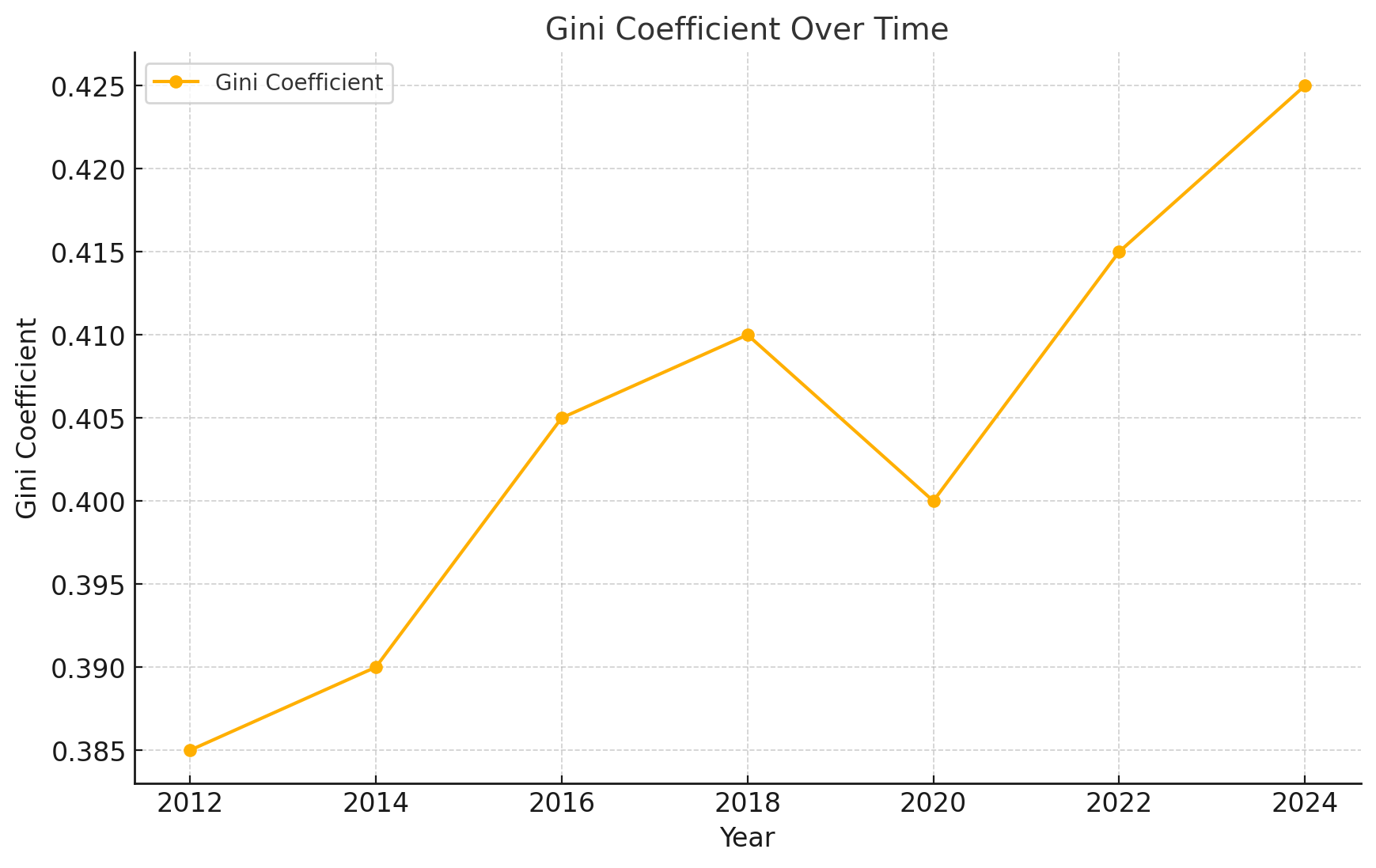
Recently, another dictatorial regime collapsed in the world. Syrian President Bashar al-Assad's government was overthrown, and he fled the country. The pillars of dictatorship—Russia and Iran—embraced Assad.
The West, including the United States, has interests in this region, and it is highly likely that developments will continue along similar lines. As contemporary political history shows, the U.S., adhering to its mission, initially settles for an "authoritarian state," citing the impossibility of a democratic transition. Then, it creates a "failed state" scenario and eventually starts collaborating with "manageable tribes." I believe this same scenario will continue unchanged in Syria, as it has in other parts of the Eastern world. This is a flawed policy that tarnishes Western democratic values, especially led by the U.S., under the guise of "Western pragmatic interests."
It has been revealed that Assad, the dictator, owns movable and immovable property worth $10 billion, a sum equivalent to Syria’s seven-year state budget. The disproportionate distribution of wealth on this scale in the fate of a nation is truly a national tragedy. It is paradoxical to see one individual possessing greater wealth than the country’s seven-year state budget.
Speaking of income distribution, this disparity (measured by the Gini Index) transcends national borders, affecting the world on a global scale. According to the World Inequality Report 2022 (source), global income and wealth inequality are growing significantly.
First, let’s examine the real picture of global income inequality. Based on Purchasing Power Parity (PPP), the world’s wealthiest 10% hold 52% of global income. Meanwhile, half of the world’s population accounts for just 8% of global income.
Global wealth inequality mirrors this disparity. The wealthiest 10% own 76% of the world’s total assets, while half of the global population (50%) controls a mere 2%.
To put this into perspective, the income of the world’s 10 richest individuals exceeds the combined income of 3.1 billion people.
Gini Index in the Global Economy

Many factors contribute to income inequality, one of which is the rapid pace of globalization. Research shows that globalization has exacerbated income inequality between nations. Simultaneously, technological advancements and the digital revolution have rapidly increased the revenues of ICT companies, with digitally and technologically advanced countries gaining a significant edge.
The Impact of Democracy on Income Inequality
The nature of political regimes plays a crucial role in income inequality. In countries with a democratic deficit, income and wealth inequality tend to grow rapidly. In nations where democratic institutions are strong and resources are not concentrated in the hands of the elite, incomes are distributed relatively more fairly. In short, democracy mitigates income inequality, whereas authoritarian and dictatorial regimes amplify it.
However, this does not mean that democratic states achieve perfectly equitable income distribution. For example, 45 years ago, in a democracy like the U.S., the top 1% controlled 9.4% of national income (1980). By 2015, this share rose to 19.6%. The state’s regulatory policies could not sterilize income inequality. The positive side, however, is that in such democracies, wealth is not amassed through exploitation of state resources but through the growing influence of business elites.
In contrast, income and wealth in dictatorial regimes are concentrated in the hands of ruling authorities and their close circles. This abnormality is where the real issue lies.
Increasing income inequality ultimately leads to poverty. Countries suffering from severe poverty often have rigid authoritarian or dictatorial regimes. In such regimes, wealth is rapidly concentrated among a handful of families, fostering corruption and poor governance.
Over the past 15 years, democratic progress has regressed globally. Logically, the increase in corruption can be attributed to setbacks in democratic processes. According to Freedom House, in 2005, 46% of the world’s population lived in countries classified as free in terms of human rights and political freedoms. By 2021, this figure had fallen by 20%. Conversely, the proportion of people living in “not free” conditions rose from 18% in 2005 to 41.3% in 2021. The processes of the past 20 years globally represent a countdown phase for democratization.
Progressive individuals and world powers must understand that humanity has no salvation apart from democracy. Even dictators need to recognize this. No dictator believes they could be the next victim. Dictators assume that avoiding the mistakes of their predecessors will save them from downfall. However, such collapses occur not due to political missteps but because governance becomes unbearable. Tolerating a dictator and dictatorship for an extended period is simply impossible. It’s only a matter of time—some dictators last longer than others.
But in the end, they all meet the same fate: irreversible hell or the archives of history.













Leave a review